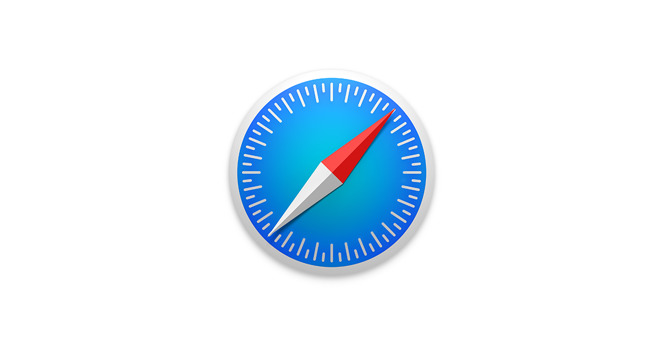Safari still leads in mobile browser share, but Facebook's browser is on the rise
A new study shows Safari and Chrome are still dominant on mobile devices, but Facebook is coming on strong to try to claim the mobile crown.

According to a new study from analytics firm Mixpanel, Facebook's in-app web browser now accounts for an average of 7.6 percent of mobile browser market share in the United States. This places Facebook behind only Apple's Safari with 58.4 percent and Google's Chrome at 33.3 percent.
The most recent measure of domestic browser market share, by Statcounter last month, placed Safari in first place with 49.4 percent, followed by Chrome with 43.1 percent. Facebook was not listed in those rankings.
In terms of overall platform use, Mixpanel found that 65.5 percent of Americans use iOS, compared to 34.5 percent using Android. As for carriers, the study said, 28.6 percent of users use Verizon, with 27.1 percent using AT&T.
Counterpoint, as of May, listed the iPhone at 42 percent U.S. market share. The study also splits off the market share numbers by state, and reports that Safari is the top mobile web browser in each of the 50 states.
Mixpanel's study surveyed 20,000-plus of the firm's customers, covering 3 billion individual events.
The numbers show that while Safari maintains its dominant position, more and more users are reaching the web through Facebook's ecosystem. This represents a change in users' consumption of content, as they're at the mercy of Facebook's algorithm, and all of its notable shortcomings.

According to a new study from analytics firm Mixpanel, Facebook's in-app web browser now accounts for an average of 7.6 percent of mobile browser market share in the United States. This places Facebook behind only Apple's Safari with 58.4 percent and Google's Chrome at 33.3 percent.
The most recent measure of domestic browser market share, by Statcounter last month, placed Safari in first place with 49.4 percent, followed by Chrome with 43.1 percent. Facebook was not listed in those rankings.
In terms of overall platform use, Mixpanel found that 65.5 percent of Americans use iOS, compared to 34.5 percent using Android. As for carriers, the study said, 28.6 percent of users use Verizon, with 27.1 percent using AT&T.
Counterpoint, as of May, listed the iPhone at 42 percent U.S. market share. The study also splits off the market share numbers by state, and reports that Safari is the top mobile web browser in each of the 50 states.
Mixpanel's study surveyed 20,000-plus of the firm's customers, covering 3 billion individual events.
The numbers show that while Safari maintains its dominant position, more and more users are reaching the web through Facebook's ecosystem. This represents a change in users' consumption of content, as they're at the mercy of Facebook's algorithm, and all of its notable shortcomings.

Comments
“We looked at data from millions of users across Mixpanel’s 20,000-plus customers to study the state of mobile in the first half of 2018.”
Mixpanel was founded in 2009 and had an app to track user interactions in their Android or iOS app beginning in 2015.
https://en.m.wikipedia.org/wiki/Mixpanel
This is a very new company and I would think that at this early stage in their history that the company’s data is probably not very accurate.Market share is not the same thing as installed base (usage share).
Market share is a percentage of the market based off quarterly shipment figures, which I believe Apple is around 35-40% in the U.S.
Browser share as measured above is actual usage figures. It doesn’t surprise me that iOS still has a larger share - it always has, as iOS users have proven to be more engaged with their devices and platform.
And the numbers are saying 65% of mobile WEB TRAFFIC... not 65% of mobile PHONES.
No no one uses facebooks browser as a browser.
But if you jump from a Facebook app to other linked articles, then there you go. It’s all in the app usage - or in safari if you log in that way.
A bit misleading on its face.
Thanks TechCrunch for your lame way of rewriting terms.
A DED article explaining the reality of the situation is probably forthcoming.
I think the same thing every time a I see a commercial for Taco Bell Cheesy Fries!
Are they trying to kill us?
Safari is just another app that uses WebKit, and has its own "chrome", design and behaviours. Each browser on iOS tries to give the user a better experience, but they all use the same rendering engine (for now).
But that’s just the tip of the iceberg. On Facebook it will auto-like things you know you’ll like, and on forums it will auto-type messages as it learns how your frame your responds. It’s really amazing tech. Even when start to use your device it will go to the pages and look up stuff you were just talking about with your friends over the phone.